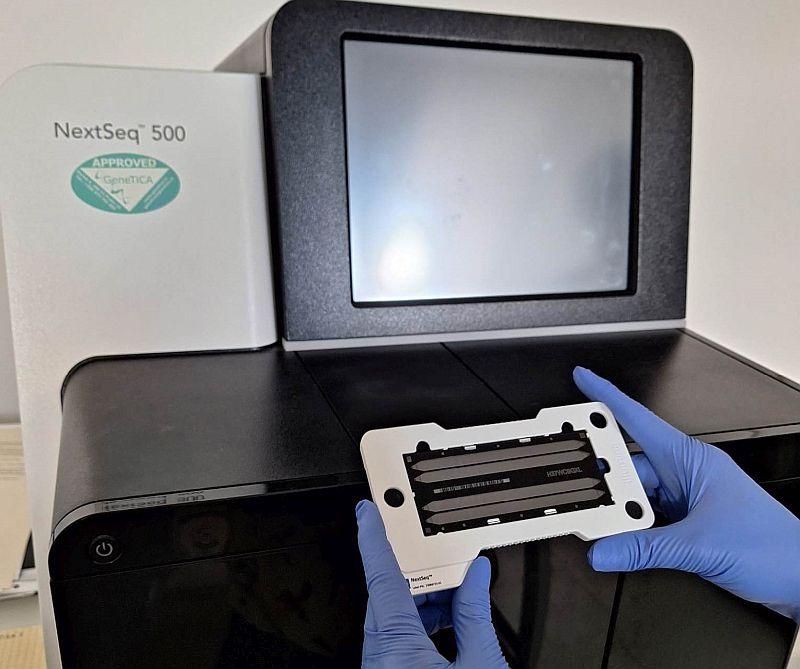
Mammalian reservoirs of coronaviruses – viral diversity and host spectrum
Coronaviruses are worldwide distributed microbes having detrimental effect on both the human and animal healthcare. The genome of coronaviruses show high propensity for accumulation of genetic mutations that is favourable for viral interspecies spillover events. Recent outbreaks, primarily the ongoing SARS-CoV-2 pandemic, have focused much attention on animal-to-human or zoonotic coronaviruses. However, there is also an increasing evidence for reverse zoonotic transmissions from humans to animals, such as pets, farm and wild living mammals. In addition, a number of the coronaviruses, for example that of swine and poultry, are of huge economic impact. In the proposed study we aim to develop a universal diagnostic system specific for mammalian coronaviruses. With this method a conservative genomic region of the coronaviruses could be amplified and sequenced that can help to identify hitherto unknown coronavirus genotypes and new host species. Samples from domestic, companion and wild animals (e.g. pigs, bats, dogs, felids, ferrets), and wastewater will be processed for surveillance purposes. Based on the results we also plan to determine the whole genome sequence of novel coronavirus strains. Early recognition of coronavirus infections is of global importance; characterisation of the genetic properties and variation of coronaviruses will provide the basis for international epidemiological studies and research, on which control strategies can be built.